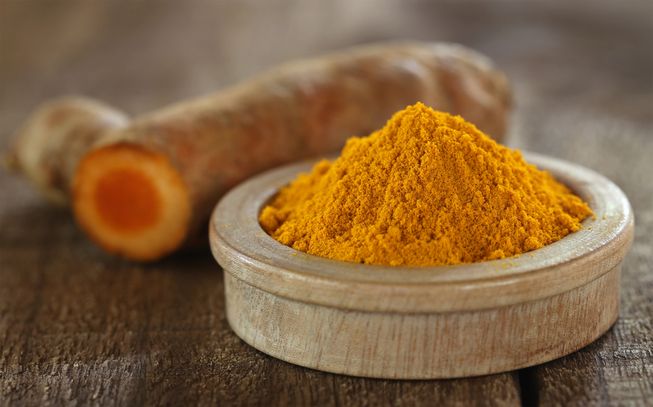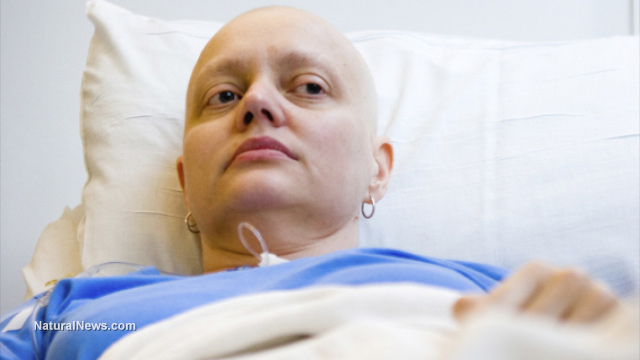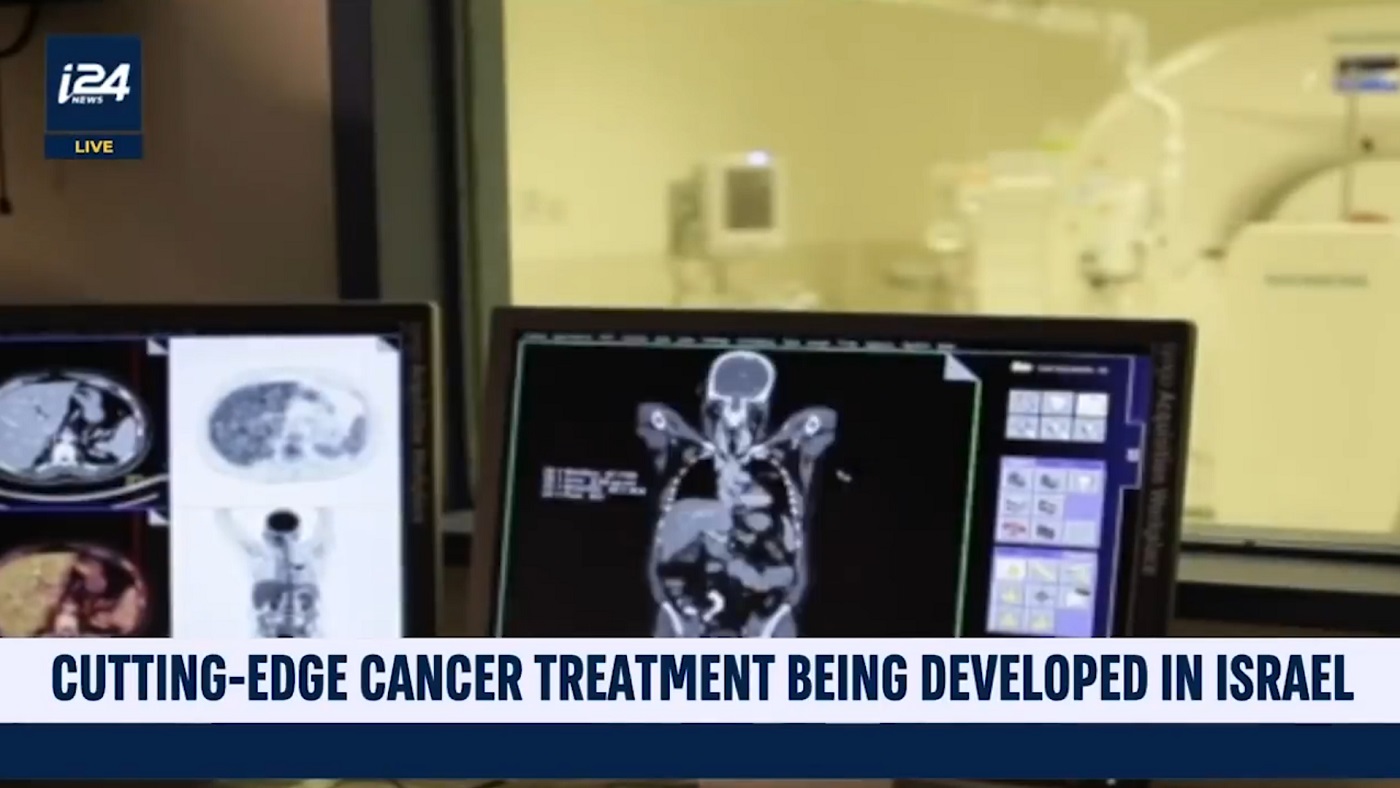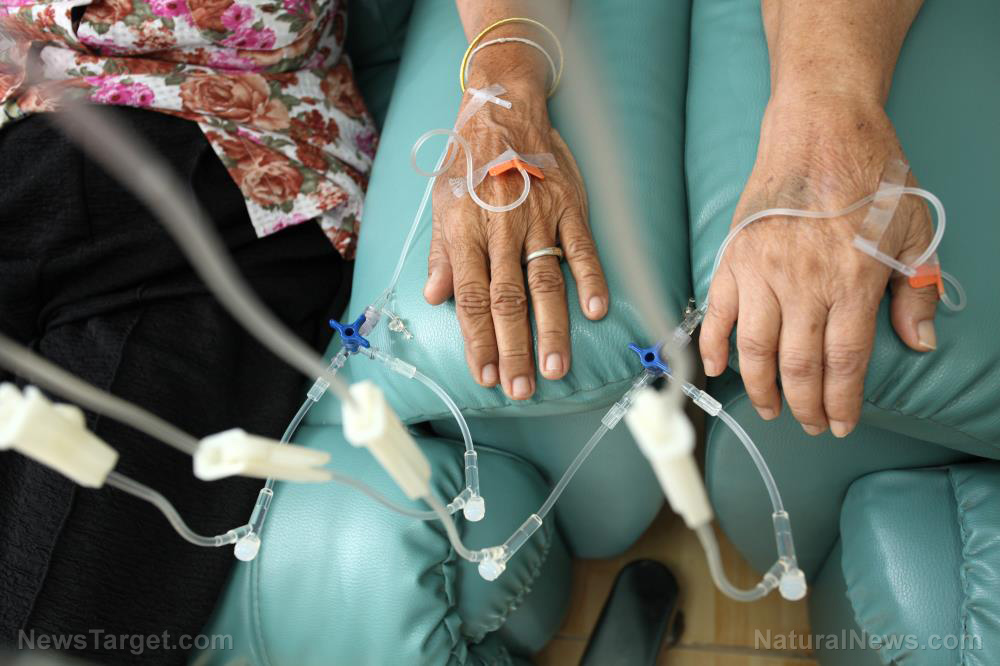Compound in evodia shown to penetrate blood-brain barrier, could hold potential for treating glioblastoma
04/08/2019 / By Ralph Flores

A study from Taipei Medical University in Taiwan revealed that evodiamine, a biological compound found in Evodia rutaecarpa, has potential therapeutic properties against glioblastoma. In their research, which appeared in The American Journal of Chinese Medicine, the researchers tested the anti-cancer properties of evodiamine in vivo and in vitro.
- Studies have identified some of the biological activities of evodiamine, including its anti-cancer and anti-inflammatory properties.
- Upon further investigation, the researchers found that evodiamine caused significant reductions in UV87 and C6 glioma cells. However, this did not affect primary astrocytes. The researchers attributed this decrease to apoptotic events, which affected DNA ladders, caspase-3, and poly(ADP ribose) polymerase (PARP) protein cleavage, and hypodiploid cells. Researchers also found disrupted mitochondrial membrane potential.
- Evodiamine treatment also resulted in G2/M arrests and increased expression from polymerized tubulin proteins in U87 and C6 cells.
- Based on in vivo tests, evodiamine reduced the growth of gliomas after U87 injection, together with increases in B1, p53 and p-p53 protein expression.
- A physicochemical analysis revealed that evodiamine contained alkyl chemical which improved its anti-glioma properties, including apoptosis and G2/M arrest.
From these findings, the researchers concluded that evodiamine can be used as a chemotherapeutic agent for glioblastomas.
Learn how to prevent glioblastoma at Cancer.news.
Journal Reference:
Wu WS, Chien CC, Liu KH, Chen YC, Chiu WT. EVODIAMINE PREVENTS GLIOMA GROWTH, INDUCES GLIOBLASTOMA CELL APOPTOSIS AND CELL CYCLE ARREST THROUGH JNK ACTIVATION. The American Journal of Chinese Medicine. 2017;45(04):879–899. DOI: 10.1142/S0192415X17500471
Tagged Under:



















